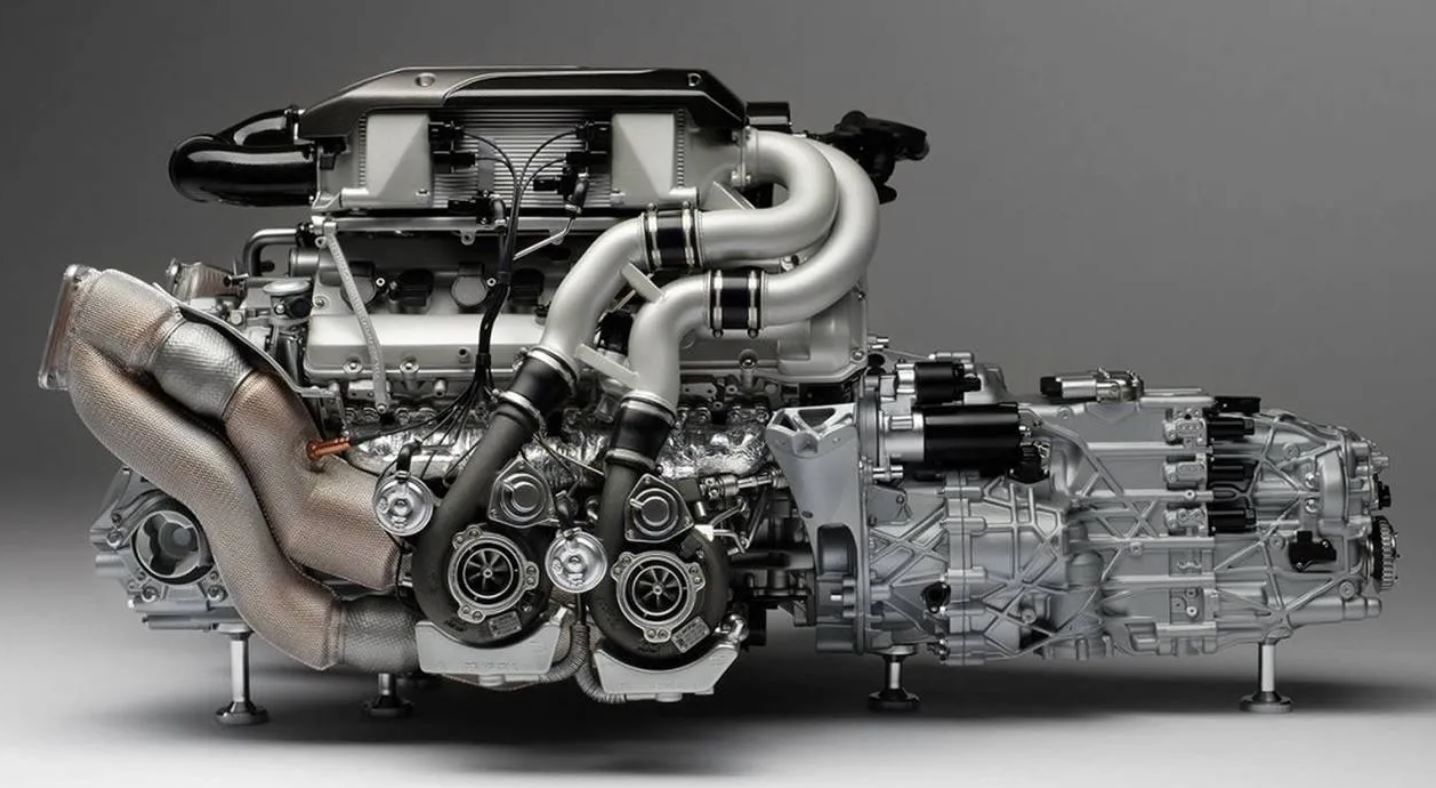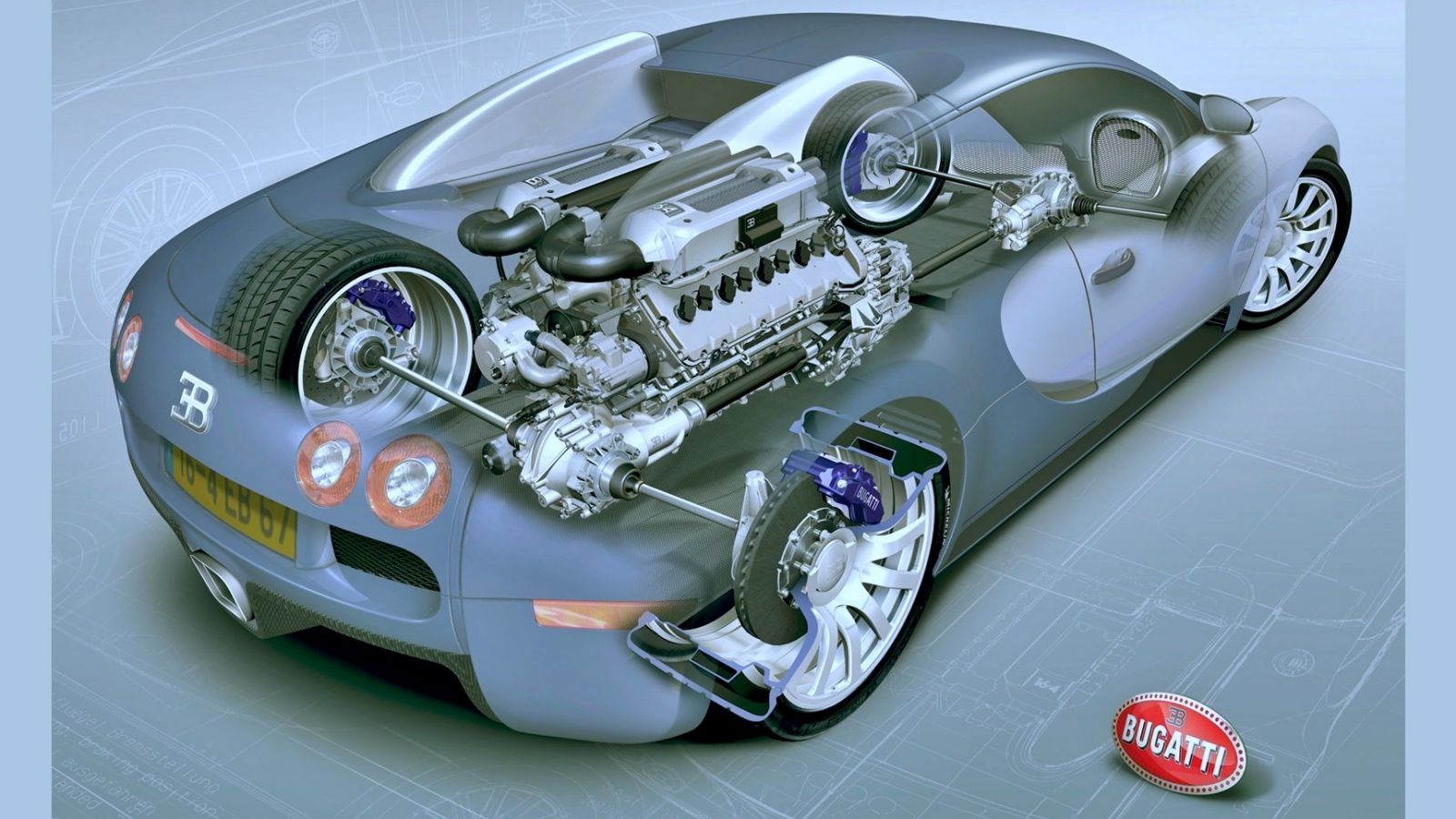The Effect of Innovative Engine Technologies on Power Performance and Environmental Sustainability
In the realm of transport and industrial machinery, the constant pursuit for improved energy efficiency and decreased environmental influence has actually led to considerable improvements in engine modern technologies. From the steady shift towards hybrid and electrical systems to the combination of turbocharging for enhanced performance, the landscape of engines is advancing swiftly.
Advancement of Engine Technologies
The progression of engine technologies over the years has been noted by constant advancement and refinement in search of enhanced performance and efficiency. From the very early days of internal burning engines to the cutting-edge crossbreed and electrical powertrains these days, the development of engine innovations has been driven by an unrelenting quest for boosted fuel performance and decreased exhausts.
One significant landmark in this evolution was the advancement of turbocharging and straight shot systems, which significantly increased engine power output while improving gas efficiency. These technologies enabled for smaller sized, more lightweight engines that can deliver the efficiency of larger ones without endangering on performance.
Furthermore, improvements in materials science have caused the prevalent fostering of lightweight materials such as aluminum and carbon fiber in engine building and construction. This has not just lowered general automobile weight yet has actually also boosted engine efficiency by decreasing power losses connected with inertia and rubbing.
Benefits of Electric and Crossbreed Equipments
With the growing focus on sustainability and power efficiency, what benefits do electric and hybrid systems use in the world of engine innovations? Furthermore, electrical and hybrid systems are much more energy-efficient, converting a greater percentage of stored power right into propulsion contrasted to conventional engines. Hybrid systems incorporate the advantages of electric propulsion with the adaptability of a burning engine, providing prolonged driving arrays and lowering variety anxiety for customers transitioning to electric cars.
Turbocharging for Improved Performance
Cutting-edge engine modern technologies like electrical and hybrid systems have led the way for developments in lorry performance, with turbocharging becoming a key technique for improving total efficiency and sustainability. Turbocharging jobs by making use of a turbine to force even more air into the combustion chamber, allowing for far better gas burning and boosted power outcome without a significant increase in engine dimension. This procedure, recognized as forced induction, makes it possible for smaller sized, a lot more fuel-efficient engines to produce power levels equivalent to larger ones. By making best use of the performance of the burning procedure, turbocharged engines can attain better fuel economy and reduced discharges, adding to ecological sustainability. In addition, turbocharging improves engine responsiveness, offering chauffeurs with a much more vibrant driving experience. The extensive adoption of turbocharged engines in both gasoline and diesel vehicles shows their efficiency in balancing efficiency, efficiency, and ecological effect. As other auto suppliers remain to improve turbocharging modern technology, its role in advertising energy efficiency and sustainability in the transport industry is anticipated to expand even more.
Harnessing Alternate Gas
Harnessing alternate gas offers an appealing avenue for minimizing carbon exhausts and diversifying the power sources made use of in transportation. As the world aims to deal with climate change and decrease reliance on fossil gas, different gas have actually acquired significant attention for their prospective environmental and financial advantages.
Biofuels, such as ethanol and biodiesel, are obtained from sustainable sources like algae, sugarcane, and corn, offering a cleaner burning alternative to conventional gasoline and diesel. These fuels can be mixed with existing oil gas or made use of in committed engines, providing a pathway to lower greenhouse gas discharges and enhance air high quality.
Furthermore, hydrogen fuel cells have actually become an encouraging innovation for zero-emission transport. engines for africa. By converting hydrogen gas into electricity to power electrical motors, gas cell vehicles generate just water vapor as a result, eliminating hazardous tailpipe emissions entirely
In enhancement to minimizing carbon emissions, different gas can likewise enhance power protection by diversifying the gas mix and minimizing dependence on imported oil. Welcoming alternate fuels in transportation is an essential step in the direction of attaining an extra sustainable and environmentally friendly future.

Future prospects and ecological benefits
The ecological benefits of alternate fuels and their possibility for long-term sustainability are crucial considerations in the shift in the direction of cleaner energy sources. Alternative gas, such as biofuels, hydrogen, and electrical energy, offer significant ecological advantages compared to conventional nonrenewable fuel sources. These gas produce lower degrees of greenhouse gas exhausts, decreasing air contamination and mitigating climate change effects. In addition, alternative gas can assist branch out energy sources, boosting energy safety and security and minimizing dependence on finite sources.
Developments in technology proceed to enhance the efficiency and price of alternative gas automobiles, making them much more accessible to customers. By welcoming different fuels and cutting-edge innovations, the path in the direction of moved here a much more lasting future becomes progressively possible.

Final Thought
To conclude, innovative engine modern technologies have actually played an essential duty in enhancing power performance and advertising environmental sustainability. engines for africa. The development of engine modern technologies, adoption of hybrid and electric systems, usage of turbocharging, and expedition of alternate fuels have all contributed to increasing and lowering discharges efficiency. The ecological advantages of these advancements are clear, and there is fantastic prospective for additional progress in the future. Engine technologies remain to be a vital location of emphasis for accomplishing a much more lasting future.
this
In the world of transport and commercial machinery, the continuous quest for enhanced power efficiency and lowered ecological effect has actually led to substantial advancements in engine innovations. Turbocharging jobs by utilizing a turbine to force even more air into the burning chamber, permitting for much better fuel burning and boosted power output without a significant rise in engine dimension. By maximizing the performance of the combustion process, turbocharged engines can achieve better gas economic climate and reduced exhausts, adding to ecological sustainability. Alternative gas, such as biofuels, hydrogen, and electrical power, deal substantial ecological benefits contrasted to conventional fossil gas. The evolution of engine technologies, fostering of hybrid and electric systems, use of turbocharging, and expedition of alternate gas have all added to minimizing emissions and increasing effectiveness.